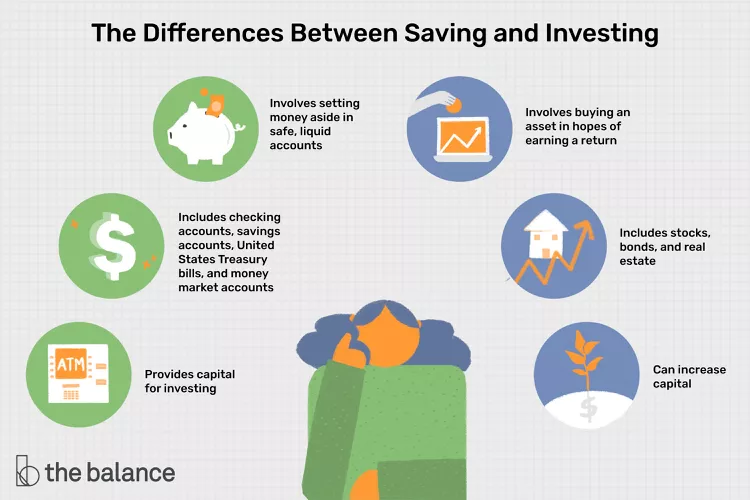
-
Latest Posts
- Shaping Tomorrow: The Bright Future of Indian Startups in 2023 and Beyond
- Investing Vs. Saving – The 5 Ways Indians are Achieving Financial Stability
- Unicorn Startups – The 33 Remarkable Companies
that Started with Little or No Funds – A Case Study - Startup Founders and Entrepreneurs – The Differences are Actually Amazing Yet Simple
- 4 Pillars of Scalable Startup Entrepreneurship
-
Follow us on Social Media
-
Archives



